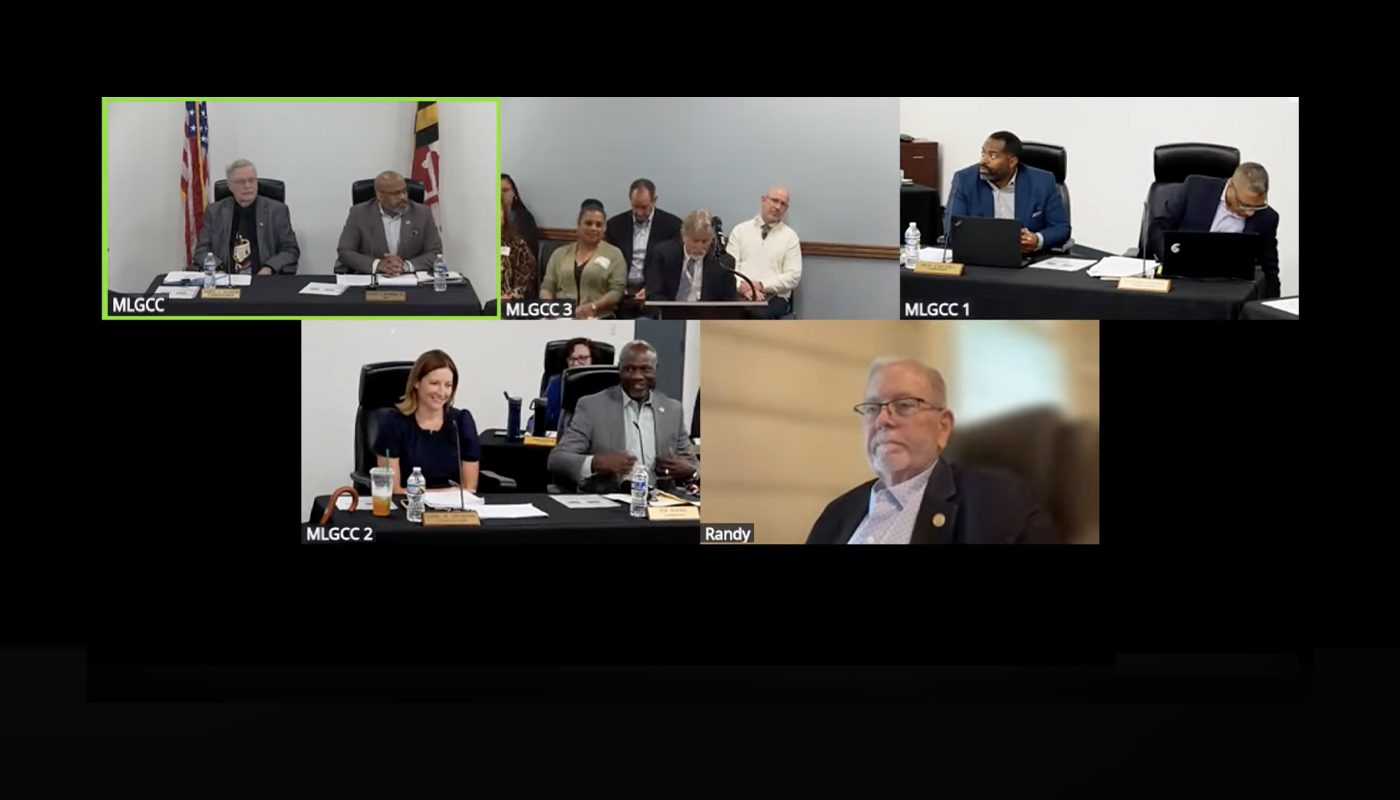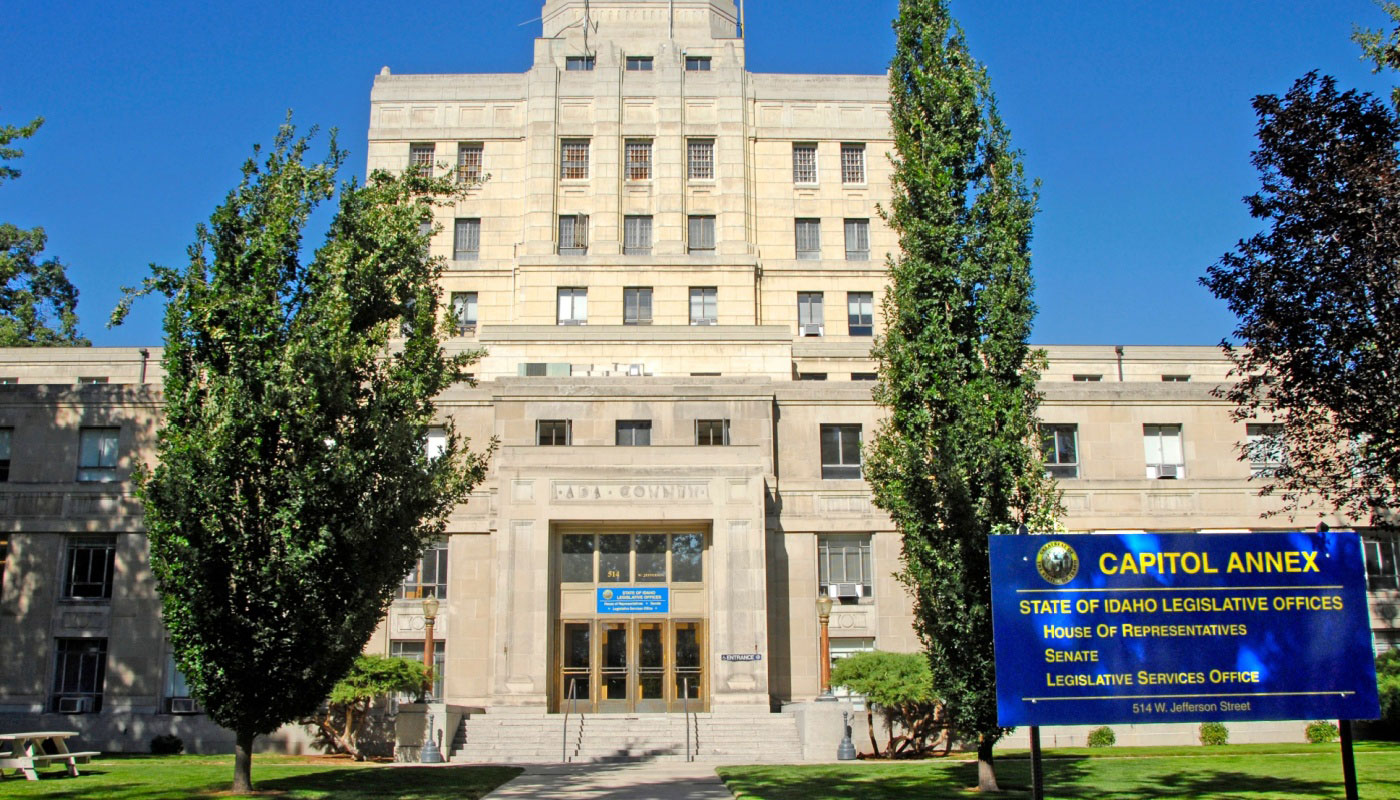
News writer
A bid for a major lottery contract for the Maryland Lottery is at a standstill, with gaming company Intralot threatening legal action against the state, with rival Scientific Games ready to swoop in. But the remedy won't be that simple.
What is the contract?
The Maryland Lottery and Gaming Control Agency (MLGCA) was all set to hire Intralot. In fact, on June 17, the company announced an active contract to run the state's Central Monitoring and Control System for 10 years.
The Monitoring and Control System is, according to Intralot, “the comprehensive, centralized technology infrastructure that operates and manages all retail lottery functions in the state. The system covers everything from the terminals and vending machines in retail stores to the software that processes sales, handles accounting, and tracks data.”
But on August 1, the MLGCA walked back their commitment to the Greek-owned company. Instead, the agency has been eyeing a $371 million contract bid from Scientific Games, the company they've used in the past.
However, during a session on Thursday, the MLGCA voted not to procure that bid either, leaving the state back at square one.
Why did Maryland renege, and what was Intralot's response?
On August 1, the MLGCA released a statement explaining that Intralot's proposal didn't satisfy the proposal requirements because it wouldn't hire enough local subcontractors. Intralot's response wouldn't take long.
On August 4, Intralot stated that the agency had actually allocated a higher percentage of local subcontractors than the minimum required, and that, “Moreover, the company had provided the Commission with very detailed clarifications, and the Commission was fully aware of the identity and role of these subcontractors.”
They claimed the agency's decision to end the contract was a “great surprise.”
Then, Intralot stated that it “reserves all its legal rights and intends to pursue every legal remedy available to protect the interests of its shareholders. The bid submitted by Intralot, Inc. is technically sound and by far the most financially advantageous, significantly outperforming the second-best offer. Should it not be accepted, the State of Maryland stands to lose a substantial financial benefit.”
The agency mainly discussed these issues during closed session, but convened on Thursday to vote down the Scientific Games bid.
What's next is anyone's guess.




















Comments